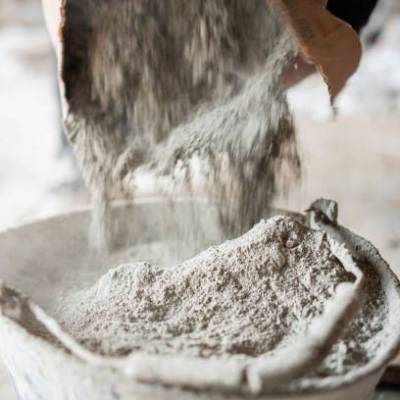

Shree Cement Limited told the media that it had hit higher-than-expected input costs, with standalone Earnings Before Interest, Taxes, Depreciation, and Amortisation (EBITDA) at Rs 910.6 crore in the fourth quarter (Q4) of FY22, lower than the consensus estimate of Rs 1,010.7 crore.
According to the analysts, the muted cement prices in its key market of East India Limited can pass on the burden of increased costs with a decline in operating margin. At 22.2%, its standalone operating margins fell to a three-year low in Q4 FY22. Shree Cement has been enjoying premium valuations as it can control costs better than competitors. Kotak Institutional Equities said that Shree Cement’s EBITDA per tonne premium over Ultratech Cement Limited has been declining for the past three years and has now merged. In Q4 FY22, cement volumes declined by 2.3% year-on-year (YoY) to 8 million tonnes (mt). In FY22, its standalone volume growth at 3.3% was much lower than its counterparts. The company is adding more capacities in the East and North India and aims to reach 57 million tonnes per annum (mtpa) capacity in the next three years. The pace of improvement in the existing capacity utilisation and price hikes are crucial. In FY22, its capacity utilisation stood at 60%. The company's stocks were at Rs 21,650 on 7 March 2022 on the National Stock Exchange (NSE). Last year, its shares had given negative returns of 20.6%. As per the FY23 EBITDA estimates of Axis Securities Limited, the Shree Cement stock is trading at a 22x valuation. For FY24, the domestic brokerage house witnesses multiple moderating to 17x. Axis Securities told the media that Shree Cement is under pressure, and the premium valuation for its operating efficiency is now at risk. Image Source